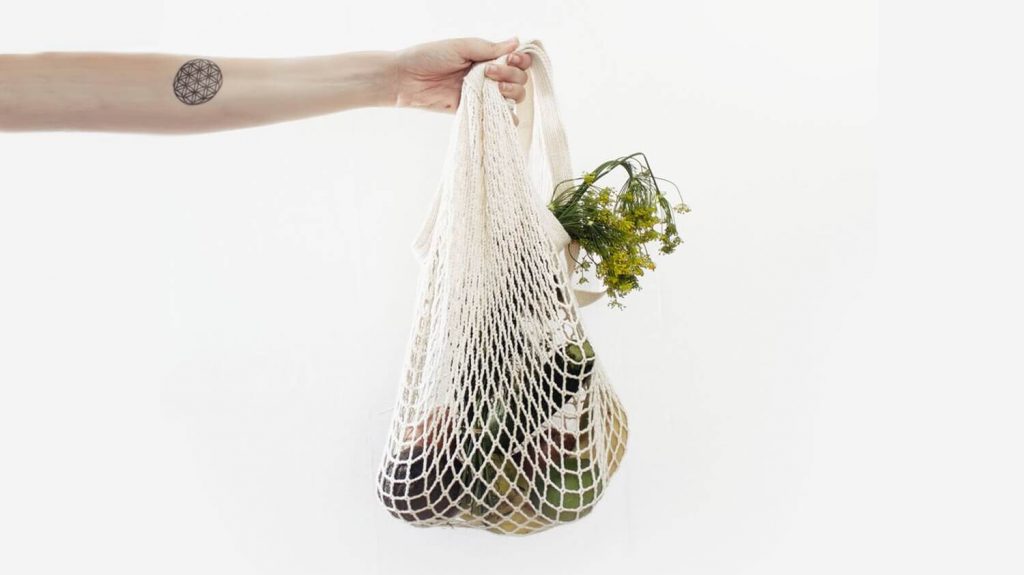It used to be invisible, an assumed necessity. But plastic, particularly when it’s packaging our foods and drinks, is now more visible than ever. And a growing number of consumers say they want it to go away.
A recent study conducted in the UK and US by PR consultancy Ingredient Communications, found an overwhelming number of participants support plastic packaging taxes and support policies to do away with the petrochemical byproduct altogether.
According to the research, over half of UK participants in the study favor a plastic food packaging tax. That number shrank to 33 percent of US participants. Forty-one percent of UK consumers and 38 percent of US shoppers also noted that they would be more likely to buy fruits and vegetables without plastic packaging if offered.
“Our research makes clear that there is high demand for food manufacturers to use more plastic-free packaging, and for supermarkets to introduce plastic-free features into their stores,” noted Richard Clarke, Founder & Managing Director of Ingredient Communications. He points, though, to the necessity plastic plays in our current food system in both preservation and portability, calling for alternatives to plastic “that maintain these benefits for the supply chain and consumers.”

More than one-third of all food sold in the EU is packaged in plastic, with UK supermarkets alone creating more than 800,000 tonnes of plastic packaging waste every year, Ingredient Communications noted.
A growing number of manufacturers and supermarkets are already taking steps to reduce plastic. The shift away from plastic bags over the last several years has been readily embraced in supermarkets across both continents. The recent restaurant shift away from plastic straws and cutlery is also showing minimal consumer satisfaction impact. But packaging poses more significant issues, like promoting freshness and preventing breakage. There are cost issues to contend with too if manufacturers switch to more expensive items such as glass or waxed paper.
Plastic is the biggest source of ocean pollution. Not only does it pose life-threatening risks for marine animals who may inadvertently consume the plastic, but the chemicals in plastic pose threats to marine ecosystems. These same chemicals pose a number of threats to human health as well. A recent warning issued by the American Academy of Pediatrics urged parents to avoid exposing children to chemicals in plastic. Known endocrine disruptors such as bisphenol-A (BPA) have been linked to metabolic and hormonal system disruption.
Become a CLUBKINDLY member today!


